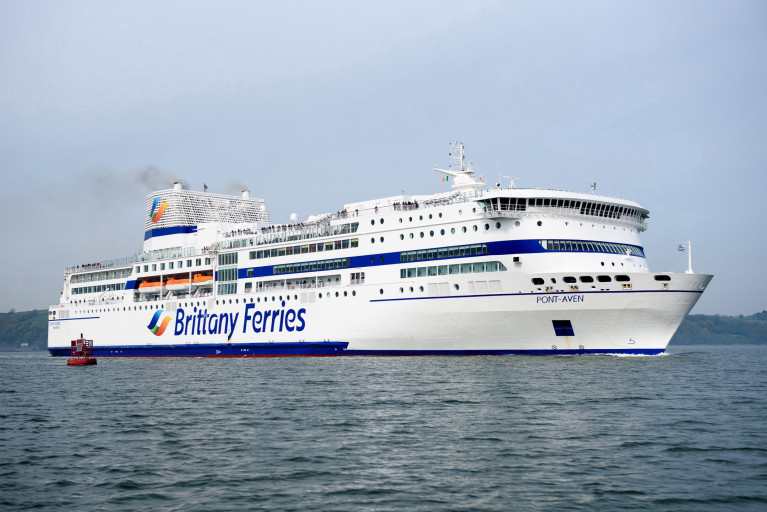Holidaymakers of Brittany Ferries have expressed concern at the way the company is managing summer bookings.
The ferry operator says it is working on the basis that Irish holidaymakers may be in a position to travel to France as early as June – even though the Government’s phased exit from lockdown means people will be unable to travel far from their homes until the second half of July at the earliest.
One customer who has contacted The Irish Times says he was told that, unless they paid the balance in full, his family would lose a substantial deposit they had put on a sailing that they believe is extremely unlikely to go ahead because of the Covid-19 crisis. He says he was also told that, if the ferry crossing were eventually cancelled, he would then be given a credit note instead of a refund.
For more on this story click here.
Afloat adds since 1978 Brittany Ferries has operated a seasonal service on the Cork-Roscoff route.
The company earlier this year launched a new Rosslare-Bilbao service to northern Spain having abandoned Cork-Santander. The new route however 'suspended' passengers due to French Government Covid-19 restrictions.
A second new route from Rosslare Europort to Roscoff was scheduled to have begun in March but again the Covid-19 situation forced sailings not to operate on the continental Europe connection.
According to Brittany Ferries website, all sailing schedules (update today) on the Ireland-France/Spain services will as alluded above commence in June.



























































